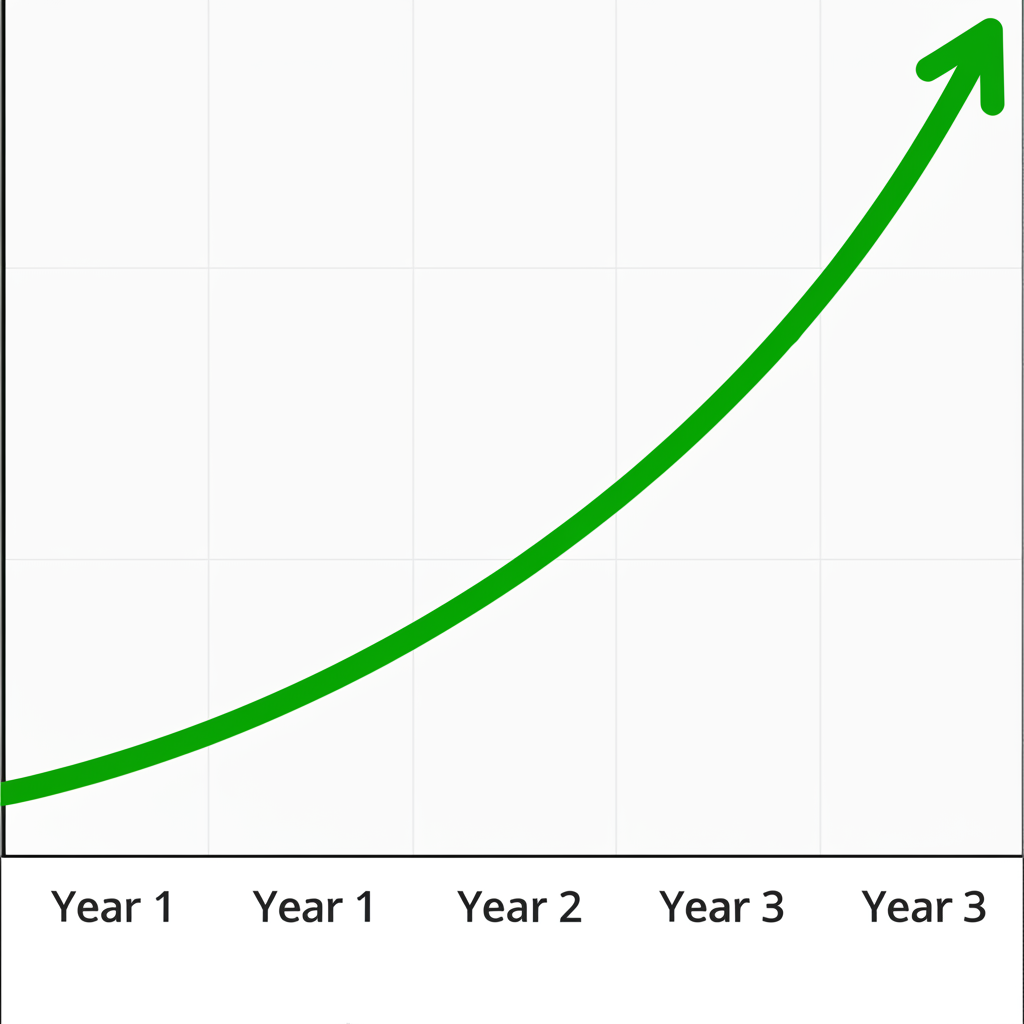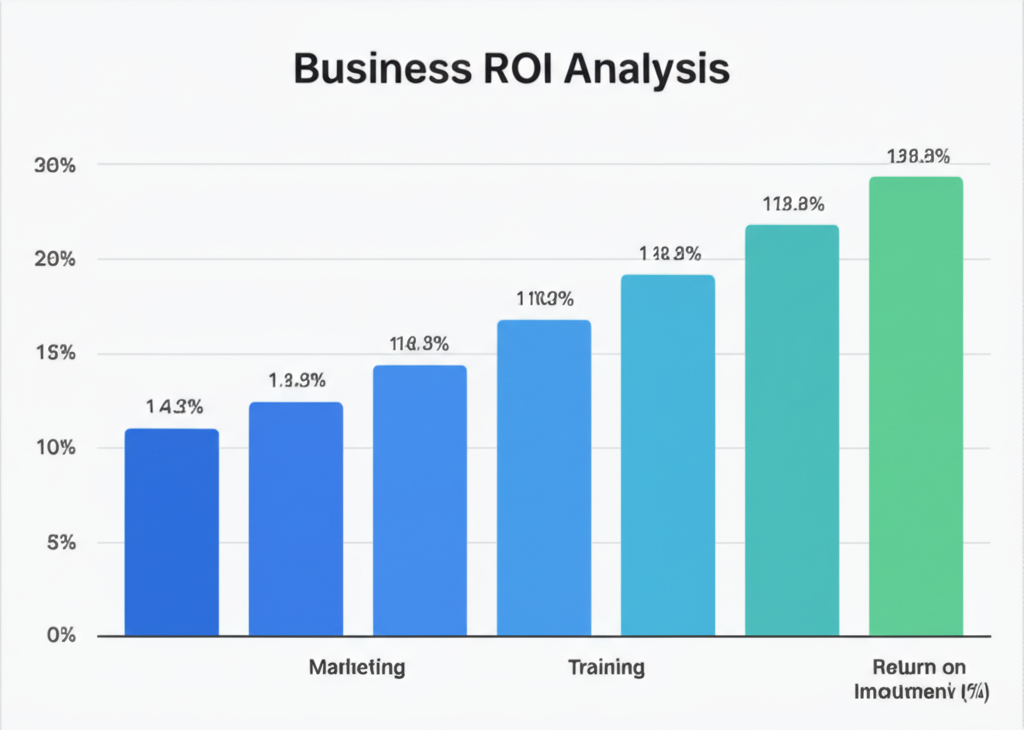Blockchain technology is rapidly transforming the SaaS landscape, creating unprecedented opportunities for businesses across industries. As we move into 2025, the integration of blockchain into SaaS platforms is no longer just a trend but a fundamental shift in how software services are delivered, secured, and monetized.
Decentralized Infrastructure
Traditional SaaS platforms rely on centralized infrastructure, creating single points of failure and security vulnerabilities. Blockchain-based SaaS solutions distribute data and processing across a network of nodes, significantly enhancing reliability and security. This decentralized approach ensures that services remain operational even if individual nodes fail, providing businesses with unprecedented uptime guarantees.
Moreover, the transparent nature of blockchain technology allows users to verify the integrity of their data and transactions without relying on trust in a single provider. This transparency builds confidence in the platform and creates a more collaborative ecosystem between service providers and their customers.
Smart Contracts Revolutionizing Service Agreements
Smart contracts are self-executing agreements with the terms directly written into code. In the context of SaaS, smart contracts are revolutionizing how service agreements are created, executed, and enforced. These automated contracts eliminate the need for intermediaries, reducing costs and accelerating processes.
For example, a blockchain SaaS platform can automatically adjust service levels based on usage patterns, apply discounts when certain conditions are met, or even terminate services if payment obligations aren't fulfilled—all without human intervention. This automation not only streamlines operations but also ensures consistent application of terms across all customers.
Tokenization and New Revenue Models
Blockchain enables the tokenization of SaaS services, opening up innovative revenue models beyond traditional subscription-based approaches. Through tokenization, SaaS providers can offer more flexible pricing structures, implement usage-based billing with microscopic precision, and even allow users to trade or transfer unused service capacity.
Furthermore, tokenization facilitates the creation of incentive mechanisms that reward users for contributing to the platform's ecosystem, such as providing data, developing integrations, or referring new customers. These token-based incentives align the interests of all stakeholders and foster a more engaged and loyal user base.
Enhanced Security and Compliance
Security concerns remain a significant barrier to SaaS adoption, particularly in regulated industries. Blockchain addresses these concerns through its inherent security features, including immutable audit trails, cryptographic verification, and distributed consensus mechanisms.
For industries with strict compliance requirements, blockchain SaaS solutions offer automated compliance reporting and verification. The immutable nature of blockchain ensures that compliance records cannot be altered retroactively, providing regulators and auditors with reliable evidence of adherence to requirements.
Interoperability and Ecosystem Development
One of the most promising aspects of blockchain in SaaS is its potential to enhance interoperability between different platforms and services. Through standardized protocols and shared ledgers, blockchain enables seamless data exchange and integration between previously siloed systems.
This interoperability is fostering the development of rich ecosystems where multiple SaaS providers can collaborate to deliver comprehensive solutions to complex business problems. Rather than competing in isolated markets, blockchain encourages cooperation and specialization, ultimately delivering more value to end users.
Challenges and Considerations
Despite its transformative potential, blockchain SaaS adoption faces several challenges. Scalability remains a concern for high-volume applications, though layer-2 solutions and new consensus mechanisms are addressing these limitations. Regulatory uncertainty also poses challenges, particularly regarding data sovereignty and token classifications.
Additionally, the technical complexity of blockchain technology creates a steep learning curve for both developers and users. SaaS providers must invest in intuitive interfaces and comprehensive education to ensure successful adoption.
Conclusion
The future of blockchain SaaS is bright, with the technology poised to address many of the limitations of traditional SaaS models while enabling entirely new capabilities and business models. As the technology matures and adoption increases, we can expect to see blockchain become an integral part of the SaaS landscape, delivering enhanced security, transparency, and value to businesses worldwide.
Organizations that embrace blockchain SaaS solutions today will position themselves at the forefront of this technological revolution, gaining competitive advantages through improved efficiency, security, and customer experiences. The time to explore blockchain SaaS is now—before it becomes not just an advantage, but a necessity for remaining competitive in the digital economy.

Alex Johnson
Alex Johnson is a blockchain strategist and SaaS consultant with over 10 years of experience in the industry. He specializes in helping companies integrate blockchain technology into their existing software solutions.




